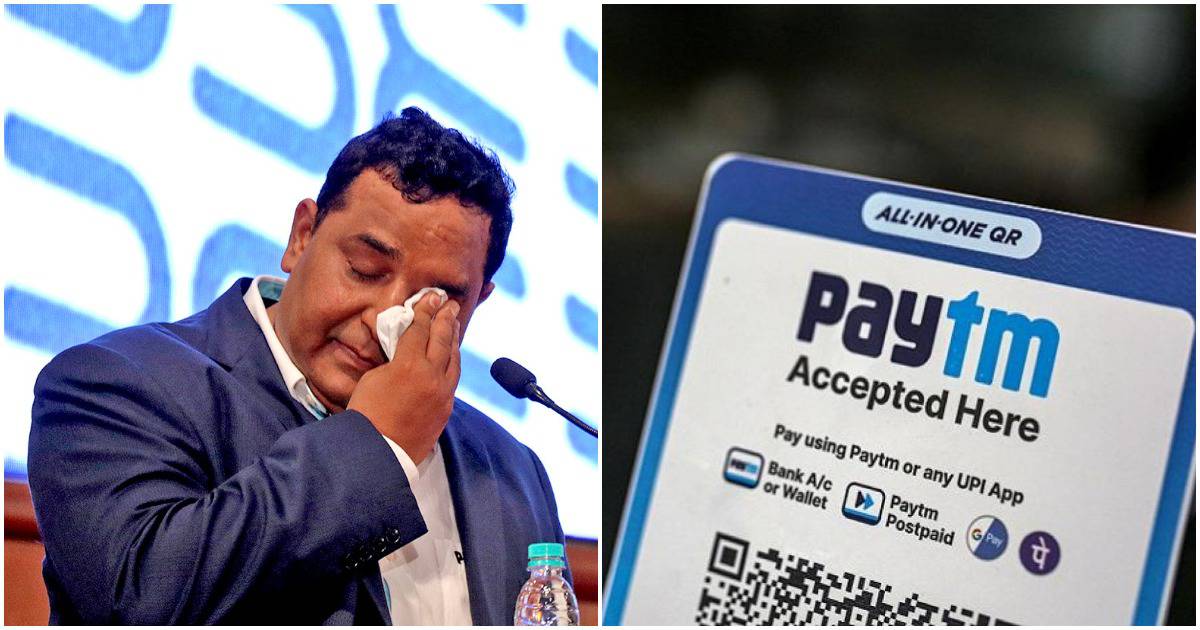Paytm is a digital payments platform that was founded in 2010 by Vijay Shekhar Sharma. Initially launched as a platform for mobile recharging, it has since expanded to offer a wide range of services including bill payments, ticket bookings, online shopping, and financial services.
One of the key features of Paytm is its mobile wallet, Paytm introduced its mobile wallet in 2014, which allowed users to store money digitally and make payments using their smartphones. This feature revolutionized the way people in India transacted, making cashless payments more convenient and accessible. The mobile wallet quickly gained popularity, contributing to Paytm’s rapid growth and establishing it as a leading digital payments platform in India. Users can add money to their Paytm wallet using a variety of methods, including debit cards, credit cards, net banking, and UPI (Unified Payments Interface).
Paytm has also launched a payments bank, Paytm Payments Bank was officially launched in May 2017. It was one of the first payments banks to be granted a license by the Reserve Bank of India (RBI). Paytm Payments Bank offers savings accounts with no minimum balance requirement and aims to provide financial inclusion to millions of unbanked and underbanked Indians. The launch of Paytm Payments Bank further expanded Paytm’s reach and offerings in the digital payments and financial services such as insurance, loans, and wealth management products.
In addition to its consumer-facing services, Paytm also offers a range of services for businesses, including payment processing solutions, digital invoicing, and point-of-sale systems.
Paytm has become one of the leading digital payment providers in India, with millions of users and a wide network of merchants accepting Paytm payments. It has also expanded its presence internationally, with operations in countries such as Canada and Japan.
Listing on Stock Exchange
Paytm’s IPO, which stands for initial public offering, was a significant event in the company’s history. An IPO is when a company offers its shares to the public for the first time, allowing investors to buy and trade the company’s stock on a stock exchange.
In Paytm’s case, its IPO was launched on November 8, 2021, with the aim of raising funds to support the company’s growth and expansion plans. The IPO was priced at ₹2,150 per share, making it one of the largest IPOs in India’s history.
After the IPO, Paytm’s shares were listed on the National Stock Exchange of India (NSE) and the Bombay Stock Exchange (BSE) on November 18, 2021. The listing was eagerly anticipated and attracted significant attention from investors and the media.
However, Paytm’s stock did not perform as expected after listing. The share price dropped sharply in the days following the IPO, leading to concerns among investors. The stock’s performance has been closely watched since then, as Paytm is seen as a bellwether for India’s rapidly growing digital payments and fintech sector.
Overall, Paytm’s IPO and subsequent listing marked a major milestone for the company, but also highlighted the challenges and volatility of the stock market.
why paytm crashing

Paytm’s shares have plunged 50% this year due to various factors, including the Reserve Bank of India’s (RBI) restrictions on Paytm Payments’ operations, persistent non-compliances, and material supervisory concerns. The stock hit a one-year low of Rs 325.25, with the circuit filter reduced to 5% from 10%. Analysts have advised caution, suggesting that the stock could be driven by market rumors and advising investors to wait for clarity. Paytm and its banking arm, Paytm Payments, have faced scrutiny from authorities, including the Enforcement Directorate (ED), regarding customers’ transactions. Bourses BSE and NSE have placed Paytm under the short-term Additional Surveillance Measure (ASM) framework due to high volatility. Trading volumes have decreased, and the stock is trading below various moving averages. The stock’s 14-day relative strength index (RSI) indicates it is overbought, and its price-to-earnings (P/E) ratio is 8.19, with a price-to-book (P/B) value of 3.01.
Read More: Donald Trump has launched gold sneaker


